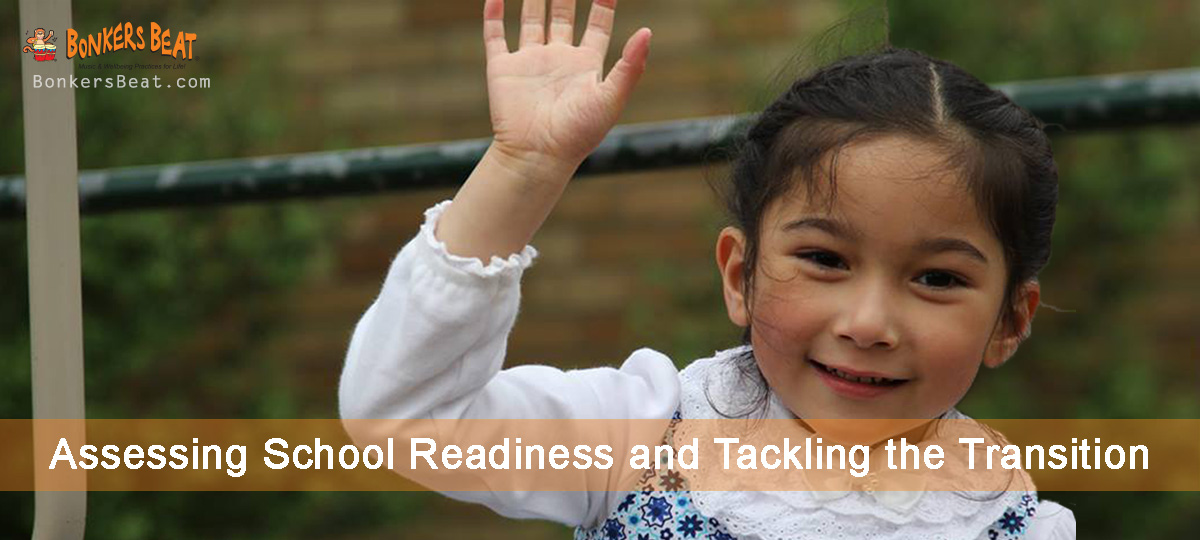Starting primary school is one of the biggest transitions a child will ever face. It’s also a special milestone for children and for their parents and families!
Each state and territory in Australia has its own minimum and maximum age for starting primary school. In the lead up to enrolling and school orientation, it’s so important to assess each child’s school readiness individually.
School Readiness is More Than Age
Of course a child’s age comes in to play when deciding if they are ready for school, but there are so many other factors to consider.
Personality can dictate whether a child is suited to started school sooner or later, as well as their skills – this includes physical, social and emotional ability.
There are many checklists available online, like this one from renowned early childhood expert Kathy Walker. Kathy’s Early Life Foundations fact sheet on the topic talks about 7 key areas to consider whether children are ready for school, including
-Separate easily from parent / carer at preschool drop off
-Self initiate, engage and sustain engagement (6 – 8 minutes), have the skills to solve basic problems and ask for help from the educator if needed
-Have basic independence skills (able to put shoes and socks on, art smock on, toileting independently)
-Self regulate their emotional response when they need to do something they don’t want to (eg don’t tantrum when it is time to pack up).
We spoke to a primary school Prep coordinator and she was happy to share some tips with us too. These are some of the tasks that she recommends children starting primary school should aim to be able to do.
10 Tasks That Prep Children Should Know
- Take care of their belongings including books and uniform
- Put things away when they are no longer being used
- Pack their lunchbox with various compartments for different items
- Use the bathroom independently and confidently
- Tie their own shoelaces
- Write their own name
- Recite the alphabet
- Count from one to ten, and from ten to one
- Be confident with zips, buttons and velcro
- Listen and focus
If In Doubt, Wait It Out
Just because your child is able to start school because of their birthday, it doesn’t mean they have to. In fact, research has made it very clear that there are many benefits to starting school that little bit later (while there are no benefits to starting earlier). Read our previous blog on this subject here.
Australia has some of the youngest school entry in the developed world, so we certainly don’t need to be in a rush. Early childhood educators should be equipped to guide parents in making the right decision that is best for each individual child and their future.
Transition Troubles
Even if a child is competent at completing all of these tasks, the transition can still be challenging. Of course, for some children it is a simple process, but for others it can take a while to settle in.
In preparation there are things we can all do to help children.
Early childhood educators can help by:
-Practicing focus and listening skills
-Talking about school and what it involves
-Encourage children to create friendships
-Practicing buttons, zips, lids and Velcro
-Working on writing name
-Focusing on literacy and numeracy
-Showing children how to line up to go in/out
Parents and families can help children become school ready by:
-Allowing children more independence
-Increasing expectations around unassisted toileting, handwashing, eating and dressing
-Encourage children to create friendships
-Read books about children who go to school
-Practicing buttons, zips, lids and velcro
Even once children have started school, keep working on the skills they need for school so that the tasks they face become more familiar and easier over time.
School Ready, Life Ready
We like to think of being ready for school as being ready for beginning a life where children will be significantly more independent.
It’s so crucial that children are ready to take this step, and as Kathy Walker from Early Life Foundations says, we can’t assume that children will magically catch up once they begin as in most cases, they don’t. In fact the challenges and readiness issues often worsen over time, so sending a child to school hoping that they will just “cope” is not a good idea.
Starting school is an incredible step in children’s development and a memory that many of us will have for life. Making sure children are 100% ready to take this step can help to ensure this memory is a positive one.

